
- Multiple browser profiles
- Online fingerprint protection
- Free feature
- Easy-to-use interface
- Built-in feature
Enjoy Free Built-in Proxies. No Setup, No Extra Costs
Mask your digital fingerprint and browse from any location with Incogniton’s free browser proxy feature. Instant, secure and effortless proxy access.
- Trusted by 1 million+ users

Why Choose Incogniton?
There are various anti-detect browsers available, but Incogniton stands out. Here’s why:
- Free built-in proxies included
- Setup in 1 click
- Manage everything in one dashboard
- Expensive proxies
- Complex manual configuration
- Constant switching between tools

The Smart Way to Browse - Free Proxies Explained
A proxy hides your IP address and let’s you browse as if you are somewhere else. By acting as an intermediary server between the internet and your device, you don’t connect directly to a website. With Incogniton, your proxies are built-in and immediatly ready to use, without any costs involved.
- Stay anonymous
- Start with just 1 click
- Save money
Your Quick Guide to Use the Free Proxy Browser
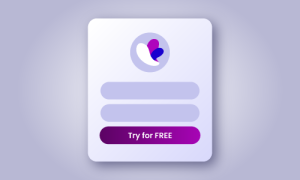
1. Login to Incogniton
Login to Incogniton and create a new profile.
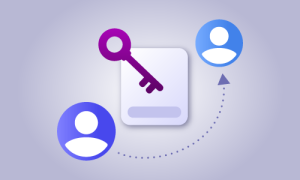
2. Enable free proxy
Switch on the option “Free Unblocked Incogniton Proxy”.
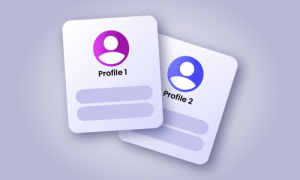
3. Select country
Select your preferred country from the dropdown list.
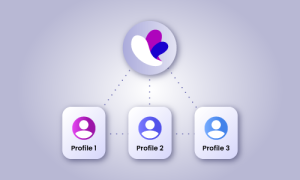
4. Start browsing
Click “Start” to begin browsing.

How Free Proxies Improve Your Browsing Experience
No costs involved
Ideal for testing, experimenting and low-priority tasks without financial commitment.
Directly integrated
Easily accessible within your account, no external tools or complex setups needed.
Bypassing geo-restrictions
Access content that is region-locked and avoid location-based tracking.
Anonymity and privacy
Browse anonymously and enhance your privacy with a masked IP address.
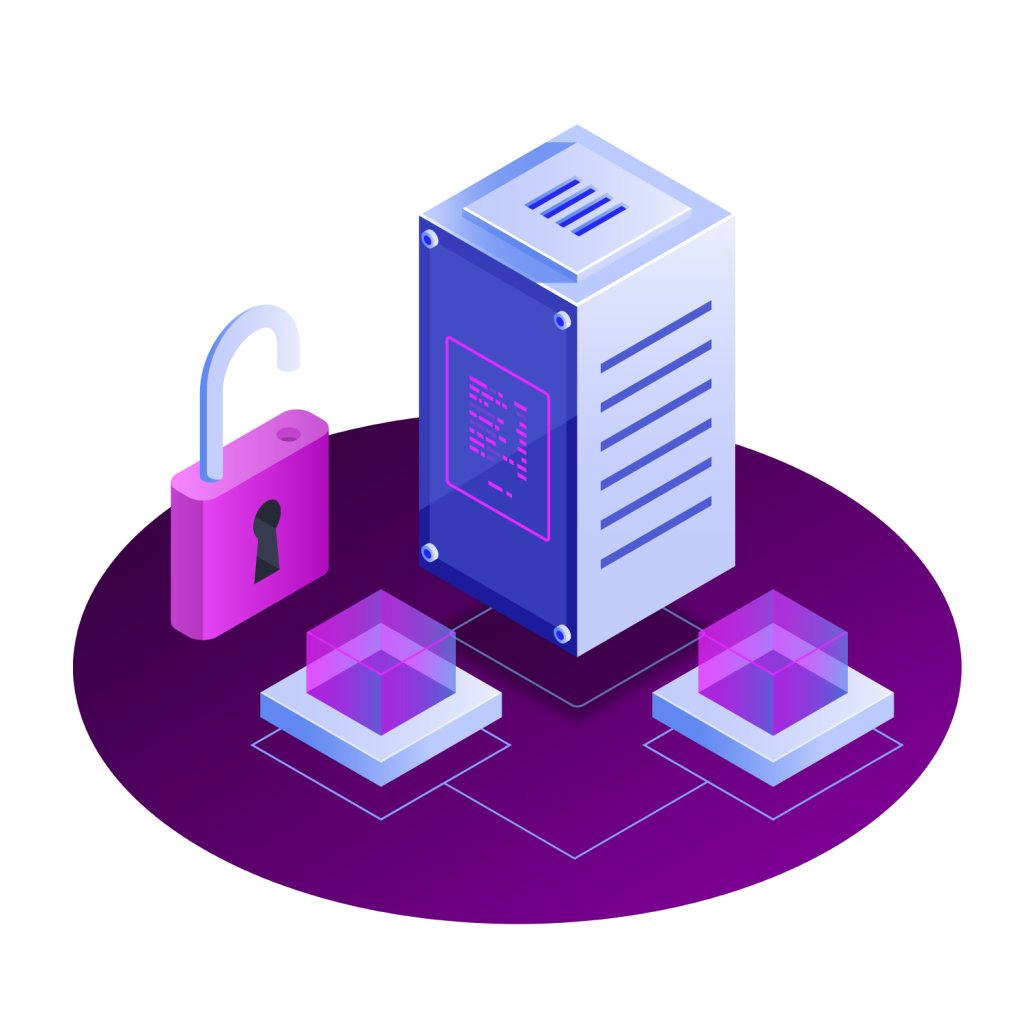
When to Use the Free Proxies
Incogniton’s free browser proxies are perfect for your daily browsing and research tasks:
- Protect your online identity while browsing
- Complete research from each country without bans
- Test website localization
- Run small-scale web scraping tasks
- Complete basic multi-account or automation tasks
When to Use Dedicated Proxies
Do you require a specific IP setup or need to manage multiple accounts from different regions? Use dedicated proxies instead of free ones. While these proxies are paid, they offer significant advantages – exclusive use, enhanced privacy and security, and better performance.
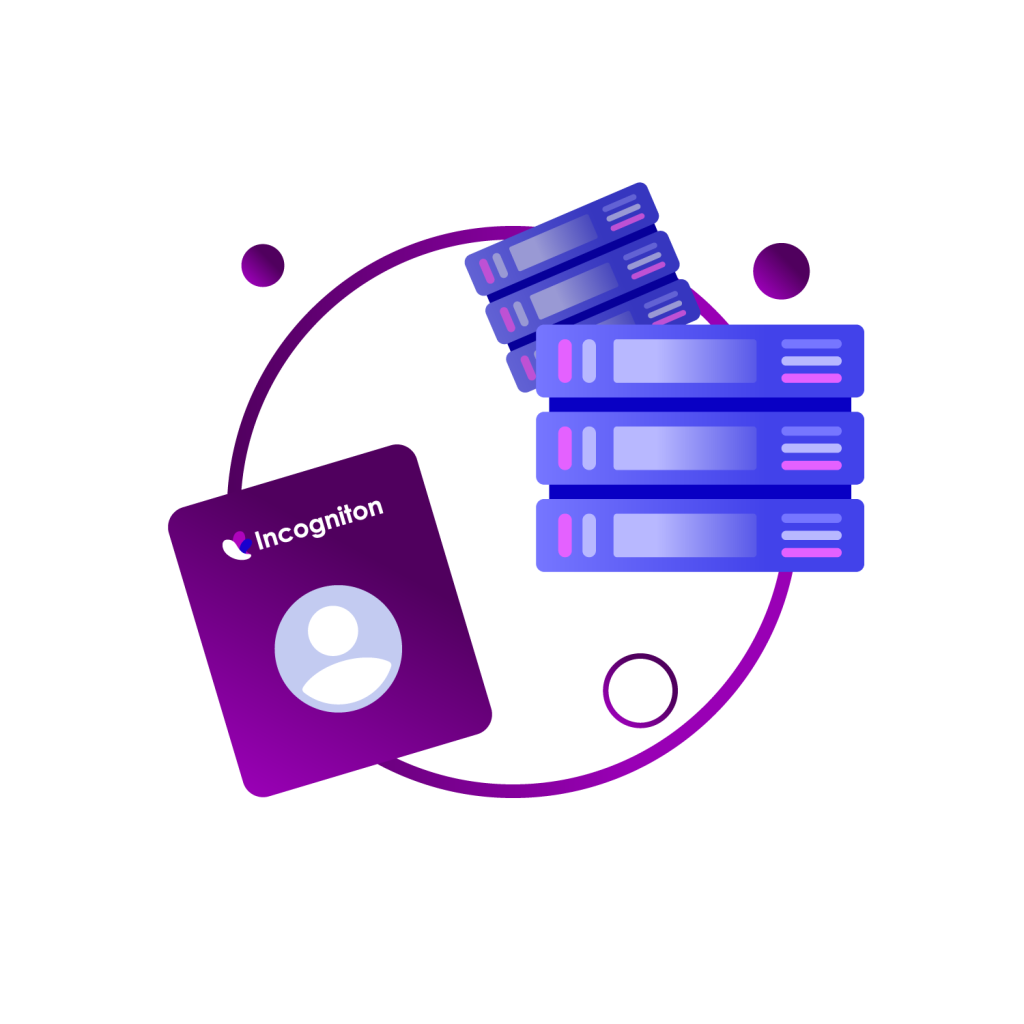
Start Your Free Trial Now
Sign up now and start your free trial today – 10 browser profiles and free built-in proxies, no credit card required.
Frequently Asked Questions
Is it safe to use free proxies?
It mostly depends on the source whether a free proxy is safe or not. It’s recommended to only use free proxies from trusted sources to minimize risks. Also, avoid entering sensitive information while using a free proxy.
Is it safe to use free proxies for account management?
It’s not safe to use free proxies for account management. For this, you need static residential proxies, especially for major platforms such as Facebook.
What are the key considerations when using free proxies?
Free proxies are typically shared among multiple users and not dedicated, which can lead to inconsistent performance and limited reliability.
What is the difference between a proxy and a VPN?
A proxy and VPN are both used to hide your IP address, but have a different approach of doing so. A VPN encrypts your internet traffic and routes it through a private remote server, while a proxy masks your IP address and simulates a new browser environment, often without encryption.
What is the difference between a web proxy and a residential proxy?
A web proxy works through a website and hides your IP address. You are able to visit websites anonymously through the web proxy server. A residential proxy uses a real IP address from an internet service provider that is assigned to a residential location, which makes it look like a real user browsing from a specific location.
What is the difference between a shared and private proxy?
A shared proxy is available for multiple users. This means the proxy is cheaper, or even free, but can also vary in performance and is limited in customizability. A private proxy is assigned to only one user. It’s a paid proxy, but is also more reliable, secure and often customizable.


